Exploring South Korea Beyond Seoul: A Journey Through Diverse Cities
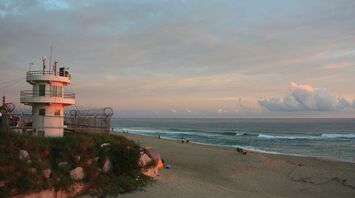
While Seoul often captures the spotlight as South Korea's bustling capital, the nation boasts a tapestry of cities, each offering unique cultural, historical, and natural attractions. Venturing beyond Seoul unveils a rich mosaic of experiences that showcase the country's multifaceted character.
Busan: Coastal Charm and Urban Energy
As South Korea's second-largest metropolis, Busan seamlessly blends urban dynamism with coastal allure. The city's expansive beaches, such as Haeundae and Gwangalli, are renowned for their vibrant atmospheres and scenic beauty. The Jagalchi Fish Market, one of the nation's largest seafood markets, offers a sensory feast of fresh catches and local delicacies. Cultural landmarks like the Beomeosa Temple, nestled on the slopes of Geumjeongsan Mountain, provide serene retreats from the city's hustle.
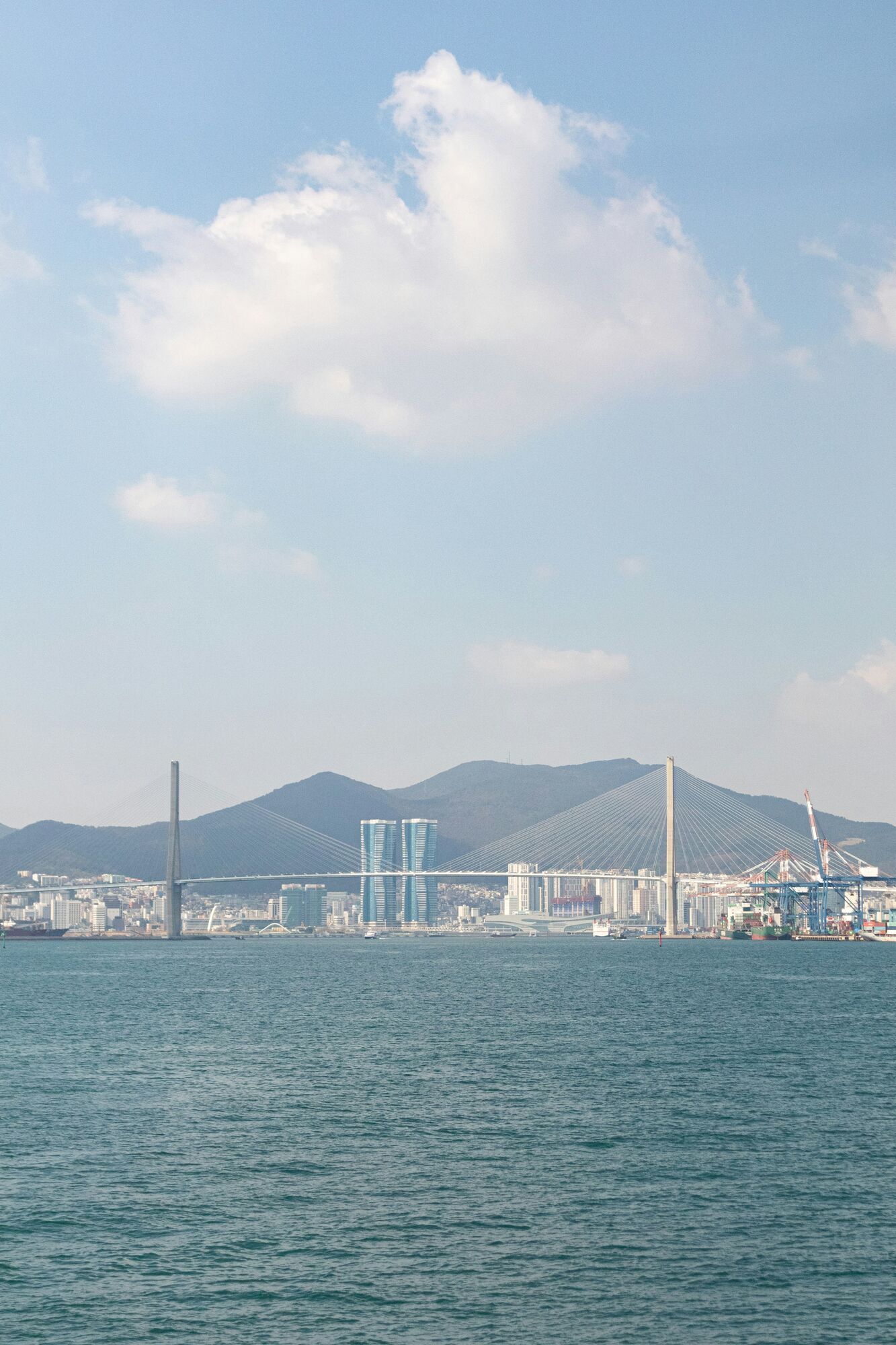
Gyeongju: A Glimpse into Ancient Korea
Often referred to as "the museum without walls," Gyeongju served as the capital of the Silla Kingdom for nearly a millennium. The city is dotted with historical sites, including the Bulguksa Temple and Seokguram Grotto, both UNESCO World Heritage Sites. The Tumuli Park houses royal burial mounds, offering insights into ancient Korean burial customs. The Anapji Pond, an artificial lake from the Silla era, provides a picturesque setting, especially when illuminated at night.
Jeonju: Culinary Delights and Hanok Heritage
Jeonju is celebrated as the birthplace of bibimbap, a signature Korean dish. The city's Hanok Village features over 800 traditional Korean houses, offering visitors a chance to experience authentic architecture and cultural practices. The Jeonju International Film Festival attracts cinephiles from around the globe, highlighting the city's vibrant arts scene.
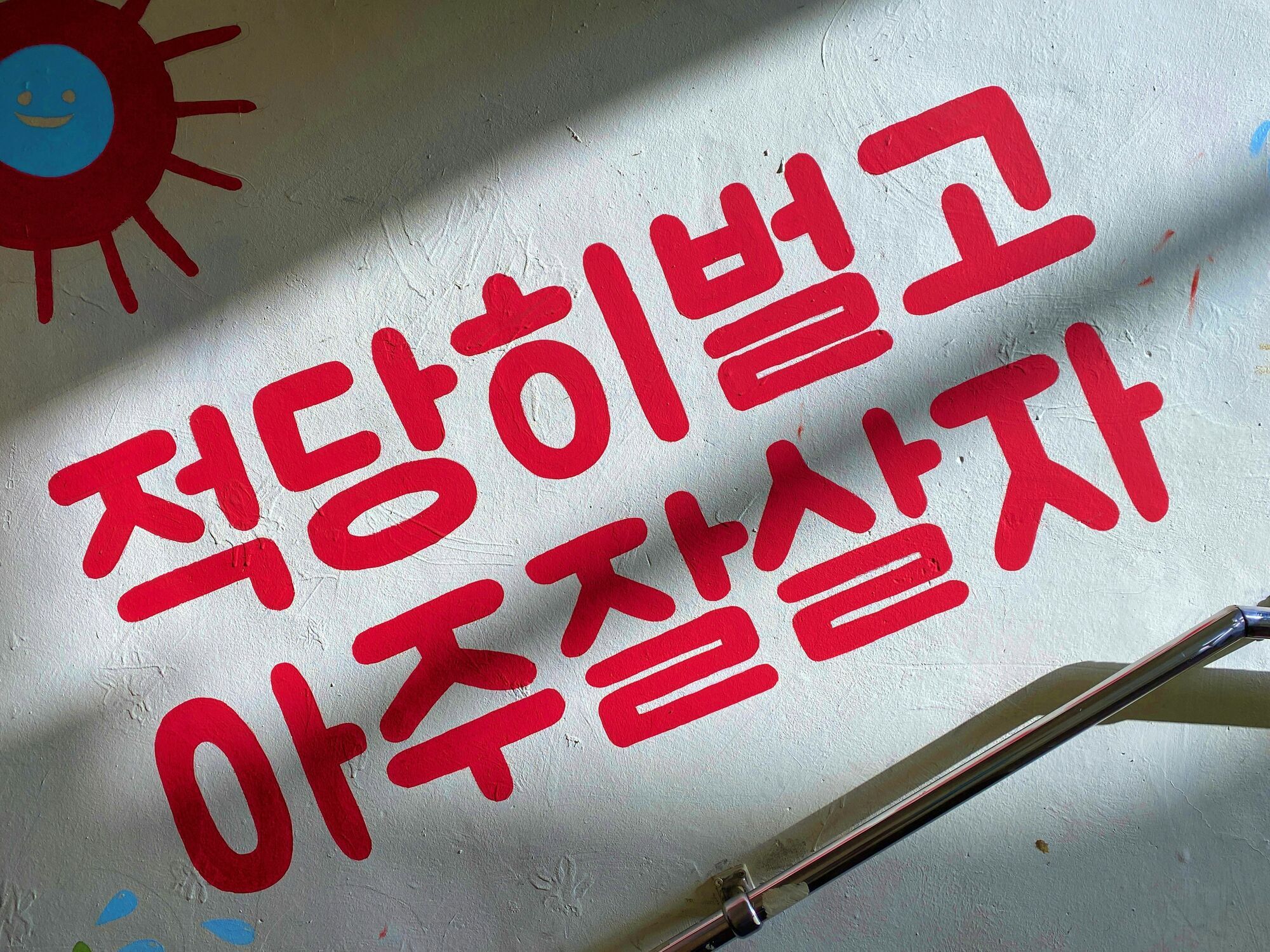
Daegu: A Blend of Tradition and Modernity
Daegu, known for its textile industry, has evolved into a hub of fashion and technology. The Seomun Market, one of Korea's oldest markets, offers a plethora of goods, from textiles to street food. The city's annual Chimac Festival celebrates the popular pairing of chicken and beer, drawing large crowds. Cultural sites like the Donghwasa Temple, located on Palgongsan Mountain, provide spiritual solace amidst natural beauty.
Incheon: Gateway to the World
Home to South Korea's primary international airport, Incheon serves as a global gateway. The Songdo International Business District exemplifies a smart city with sustainable urban design. Incheon's Chinatown, the only official Chinatown in Korea, offers a fusion of Korean and Chinese cultures. The nearby Wolmido Island provides leisure activities and scenic views of the Yellow Sea.
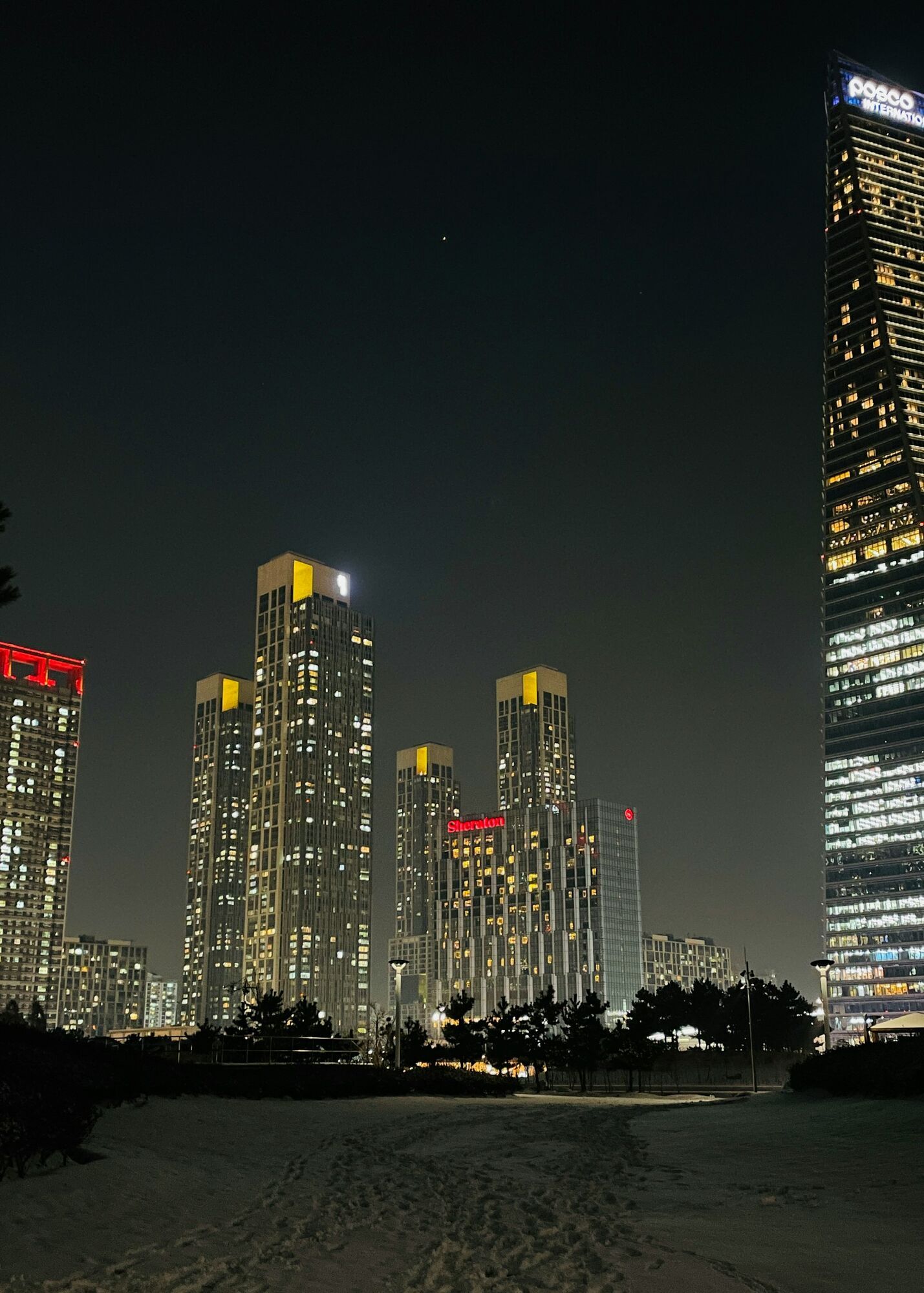
Suwon: A Fortress City
Suwon is renowned for the Hwaseong Fortress, a UNESCO World Heritage Site that encircles the city center. The fortress showcases impressive military architecture from the Joseon Dynasty. The Korean Folk Village offers immersive experiences into traditional Korean life, with reconstructed houses and cultural performances.
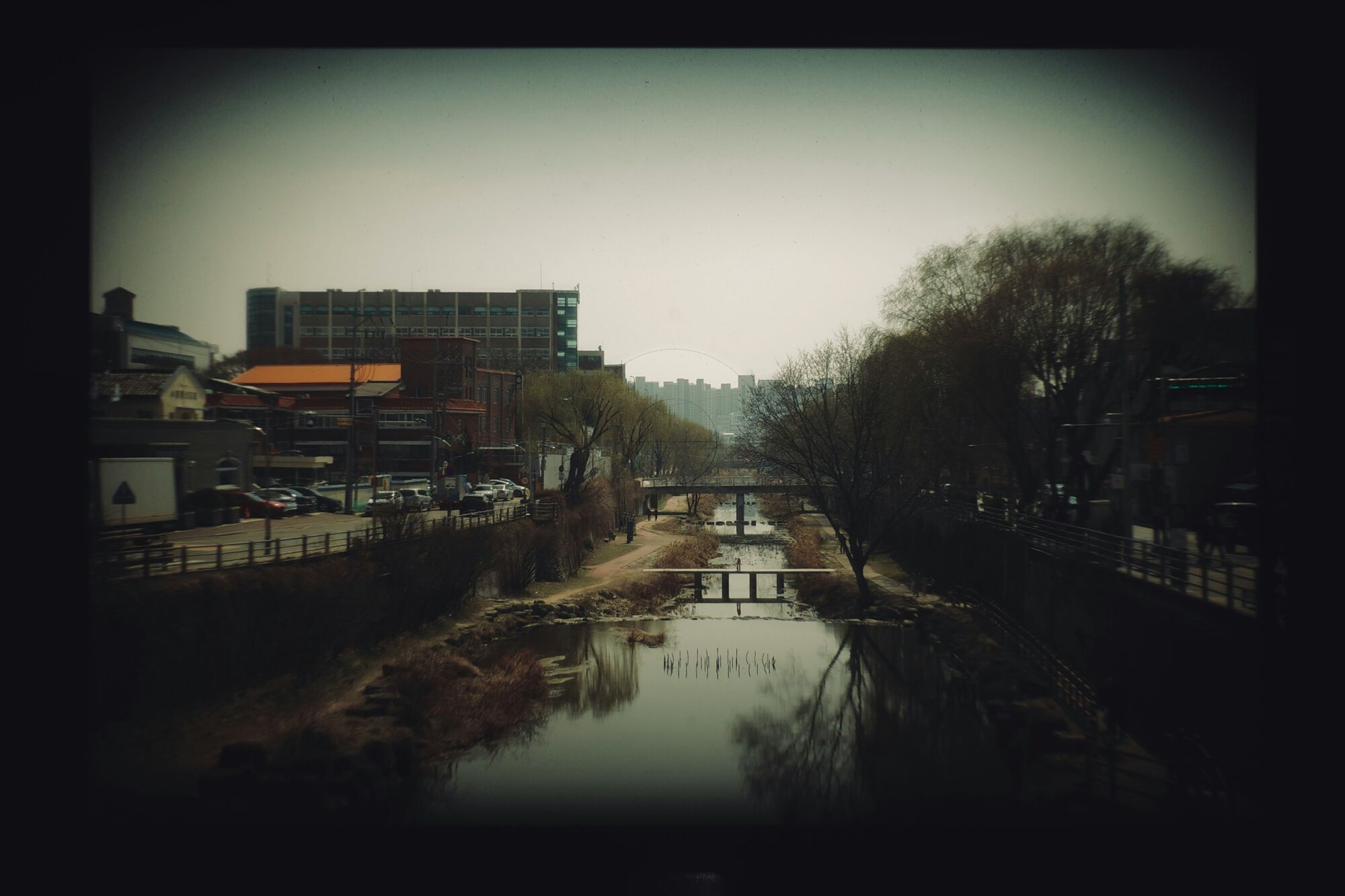
Jeju City: Island Escapade
Located on Jeju Island, Jeju City serves as a base for exploring the island's natural wonders. The Manjanggul Lava Tube, one of the world's longest lava tunnels, offers a subterranean adventure. The Seongsan Ilchulbong Peak, also known as Sunrise Peak, provides breathtaking sunrise views. The city's markets, such as Dongmun Market, offer local specialties, including fresh seafood and Jeju's famous black pork.



















